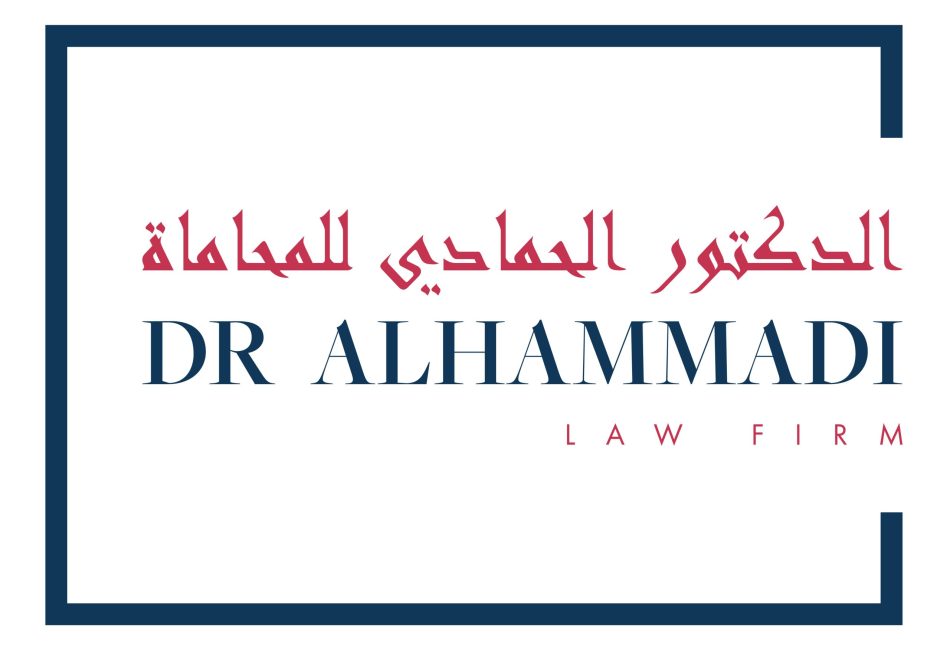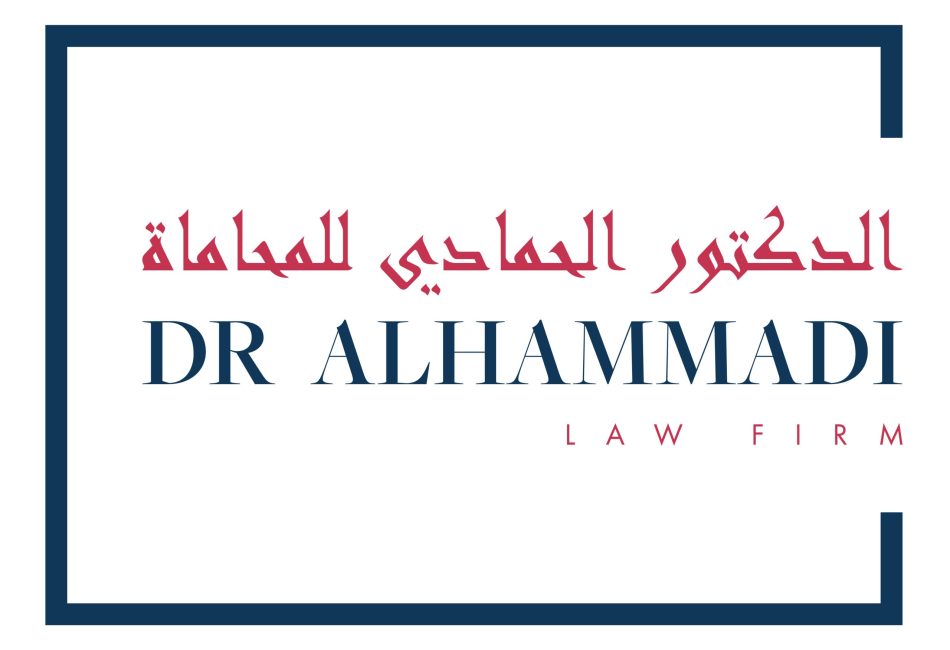The UAE’s thriving real estate sector continues to draw both local and international investors seeking long-term growth and financial security. With Dubai standing as one of the world’s premier real estate hubs, the demand for new developments across residential, commercial, and mixed-use properties remains robust.
For entrepreneurs and investors planning to establish a real estate development company in the UAE, understanding the legal framework is fundamental. From selecting the right company structure to obtaining licenses and approvals, every stage requires compliance with strict local regulations. Working with experienced real estate lawyers in Dubai can make the process efficient, transparent, and legally sound.
1. Understanding the UAE Real Estate Market
The UAE’s real estate industry is supported by modern infrastructure, favorable investment policies, and an investor-friendly regulatory environment. Dubai, in particular, has gained global recognition for its world-class developments and well-regulated property market.
Foreign investors can participate in the sector under specific ownership laws, and the government’s efforts toward transparency through the Dubai Land Department (DLD) and Real Estate Regulatory Agency (RERA) have made the market more secure.
Before entering this space, developers must familiarize themselves with the market dynamics, zoning regulations, and development trends to make informed investment decisions.
2. Key Legal Considerations for Real Estate Development Companies
A. Choosing the Right Business Structure
Selecting an appropriate legal structure is one of the most critical decisions in setting up a real estate development company in the UAE. The most common structures include:
- Limited Liability Company (LLC): Suitable for developers seeking to operate onshore in Dubai. This structure requires a local sponsor and allows up to 49% foreign ownership.
- Free Zone Company: Ideal for foreign investors who prefer 100% ownership and wish to operate within designated free zones.
- Joint Venture: A preferred model for large-scale or international projects that combine local expertise with foreign capital and technology.
Consulting with experienced real estate lawyers in Dubai, such as those at Dr. Alhammadi Law Firm, helps in determining the most efficient and compliant structure based on the nature and scope of your business.
B. Licensing and Registration Requirements
Operating a real estate development business requires several licenses and approvals from Dubai authorities. These include:
- RERA Registration: Developers must register with the Real Estate Regulatory Agency before launching or promoting projects.
- Dubai Land Department (DLD) Registration: All property transactions and development activities must be registered with the DLD to ensure transparency and compliance.
- Trade License: Every business in Dubai requires a valid trade license from the Department of Economic Development (DED) or the relevant free zone authority.
At Dr. Alhammadi Law Firm, our lawyers assist clients through every stage of the licensing process — from document preparation to regulatory submissions — to ensure full compliance.
C. Navigating Real Estate Regulations
The UAE’s legal framework for property development is governed by clear laws regulating ownership, land use, and construction. Developers must consider:
- Property Ownership Laws: Foreign investors can acquire freehold property in designated zones, while other areas remain restricted to UAE or GCC nationals.
- Zoning and Planning Regulations: Each emirate enforces specific zoning laws that dictate permitted uses, building height, and density.
- Compliance with Construction and Safety Codes: Adherence to local building codes is essential before beginning any development.
Legal professionals at Dr. Alhammadi Law Firm guide clients through these regulations, helping them avoid costly errors and delays.
3. Key Steps to Establish a Real Estate Development Company
Step 1: Develop a Business Plan
Prepare a comprehensive business plan that outlines objectives, project types, target markets, and funding sources. This document will serve as a foundation for securing approvals and investor confidence.
Step 2: Select the Appropriate Legal Structure
Choose between an LLC, Free Zone Company, or Joint Venture based on your business goals. The firm provides strategic legal advice on structuring your entity for both flexibility and compliance.
Step 3: Register the Company and Obtain Licenses
File for registration with the DED, RERA, and DLD as required. Dr. Alhammadi Law Firm can manage all registration formalities and coordinate directly with government departments.
Step 4: Secure Land and Necessary Approvals
Work with the DLD and other regulatory authorities to identify land parcels and obtain development approvals. This step includes title verification and environmental clearance where applicable.
Step 5: Assemble a Professional Team
A successful real estate project involves coordination among architects, engineers, contractors, and financial institutions. Dr. Alhammadi Law Firm’s lawyers assist clients with drafting and reviewing contracts, ensuring that all parties’ obligations are clearly defined and enforceable.
4. The Role of Dr. Alhammadi Law Firm in Real Estate Development
As one of the leading real estate law firms in Dubai, Dr. Mohamed Alhammadi Advocates & Legal Consultants Office LLC offers end-to-end legal solutions tailored to the real estate sector. The firm’s services cover every stage of development — from company formation to project completion and beyond.
Core Services Include:
- Legal Consultation: Strategic advice on property laws, investment models, and regulatory compliance.
- Contract Drafting and Review: Preparation of legally sound contracts for land acquisition, construction, financing, and joint ventures.
- Dispute Resolution: Representation in mediation, arbitration, or court proceedings for real estate disputes.
- Licensing and Compliance: Comprehensive assistance with RERA and DLD registration, documentation, and ongoing compliance monitoring.
By integrating legal precision with practical industry insight, Dr. Alhammadi Law Firm supports developers in achieving project success while maintaining full compliance with UAE laws.
5. Conclusion
The UAE’s real estate market presents lucrative opportunities, but navigating its regulatory and legal landscape requires professional expertise. Establishing a real estate development company in Dubai involves multiple steps, from entity formation and licensing to compliance with property and construction laws.
Partnering with Dr. Alhammadi Law Firm, one of Dubai’s most reputable real estate law firms, ensures that your business foundation is legally sound and strategically structured. The firm’s real estate lawyers offer comprehensive guidance to help you build and expand your development portfolio with confidence.
Contact Dr. Alhammadi Law Firm today to begin your real estate development journey in the UAE with expert legal support at every step.

